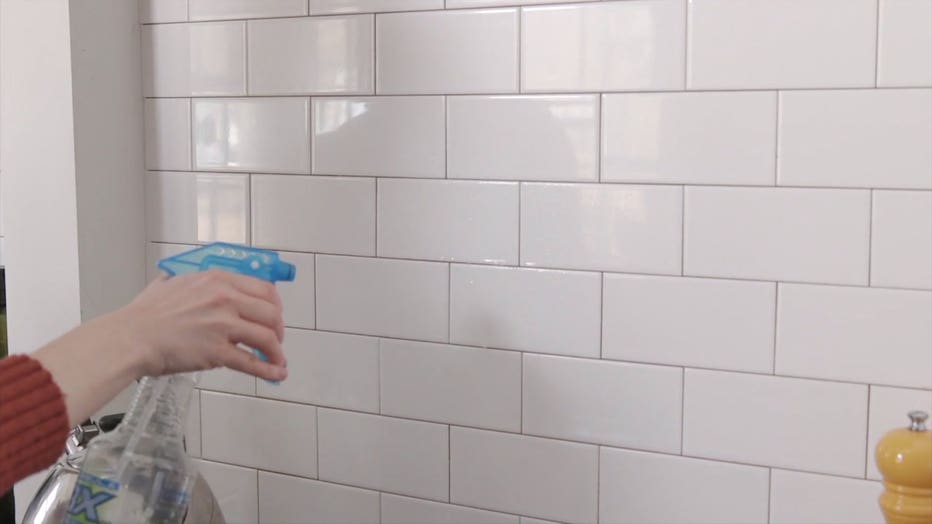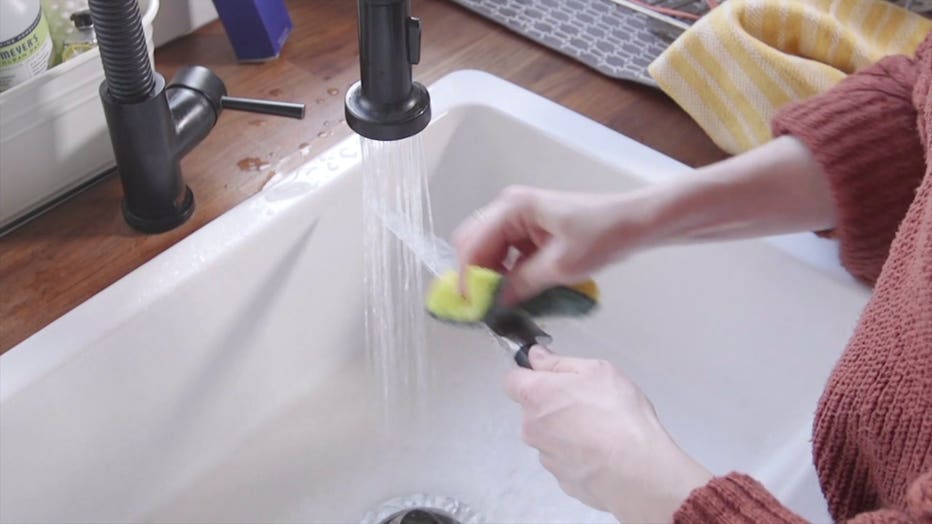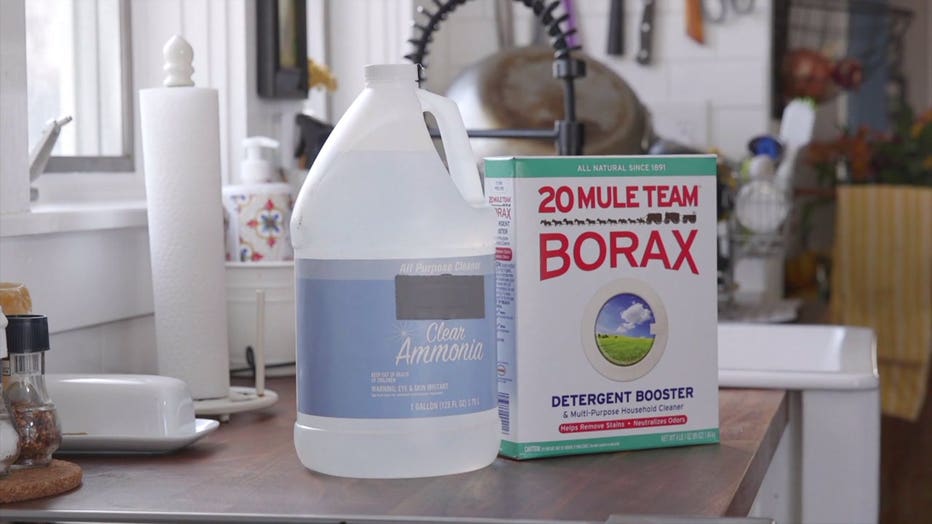Here are things you shouldn't clean with vinegar

Here are things you shouldn’t clean with vinegar
Even before COVID-19 caused shortages of bleach and other cleaning supplies, many folks were turning to DIY solutions for tidying around the home. While vinegar is often touted as an all-purpose cleaner, Consumer Reports warns that it may do more harm than good.
Even before COVID-19 caused shortages of bleach and other cleaning supplies, many folks were turning to DIY solutions for tidying around the home.
While vinegar is often touted as an all-purpose cleaner, Consumer Reports warns that it may do more harm than good.
There’s no evidence that vinegar is effective against the coronavirus. But if your goal is to remove dirt and grime around your house, vinegar might be good at that for certain things.

It’s great for cleaning your windows and descaling your coffee maker.
One place you might use vinegar to clean is in the kitchen.
But it can damage your appliances by eating away at certain synthetic rubbers and corroding stainless steel, especially if it’s already scratched or chipped.
Even the fine edge on sharp knives can be pitted by exposure to vinegar.

You should stick with a liquid dish detergent and warm water when cleaning your knives.
Vinegar is also a no-no for stone and wood surfaces.
The acid in vinegar can pit, scar, etch, and dull natural stone countertops.
It’s best to use a specialty cleaner that’s formulated to clean those types of surfaces.
But a sponge or towel dipped in a solution of mild detergent and water does the job, too.
Vinegar can also cloud, soften, or etch the finish of wood floors.
Instead, follow the manufacturer's recommendations or use a cleaner that’s made specifically for hardwood floors.
Vinegar is safe to use on your kitchen range but if grease is what you’re trying to remove, it’s not going to do much.
For that, you’re going to want to use an alkaline-based cleaner like ammonia or Borax. And for a smooth cooktop, Consumer Reports recommends using a cleaner specifically formulated for it.

Consumer Reports also says to skip vinegar as a dishwasher cleaner.
Testers found it didn’t do anything to remove hard-water stains. Avoid using it in your washing machine, too. It can eat away at the rubber parts and other mechanisms, causing problems down the road.
And in case you’re tempted, CR says never use vinegar on your electronic screens.
It can damage the antiglare properties and make a touch screen less responsive.
Use a soft sponge or cloth dampened with just water.
Remember, even if vinegar won't damage a surface, it might not be the best cleaning solution for the task!

All Consumer Reports material Copyright 2020 Consumer Reports, Inc. ALL RIGHTS RESERVED. Consumer Reports is a not-for-profit organization which accepts no advertising. It has no commercial relationship with any advertiser or sponsor on this site. Fo

